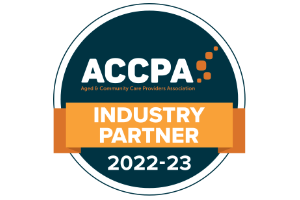Consuming a nutritious diet for optimal health is important at any age but is particularly important for the elderly to maximise independence and quality of life. As we age our nutritional requirements remain high and it is important to have a balanced diet ideally eating food from each of the five food groups while maintaining...



